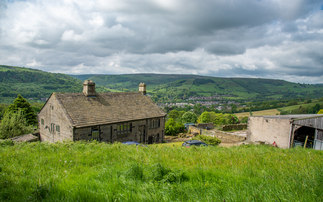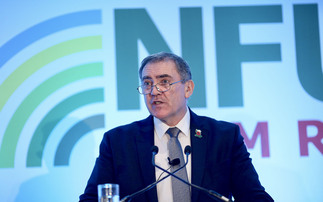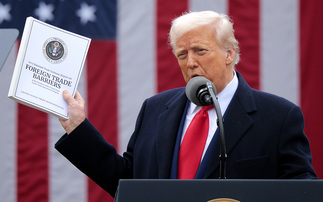
"It is critical that as many people as possible engage with this campaign, so please take part and, as importantly, share with as many people as possible who care about the future of the countryside."
The Countryside Alliance has called on candidates standing at the next General Election to see the value of the rural vote ahead of a contest which could see the countryside be a key electoral battleground...




.png)







